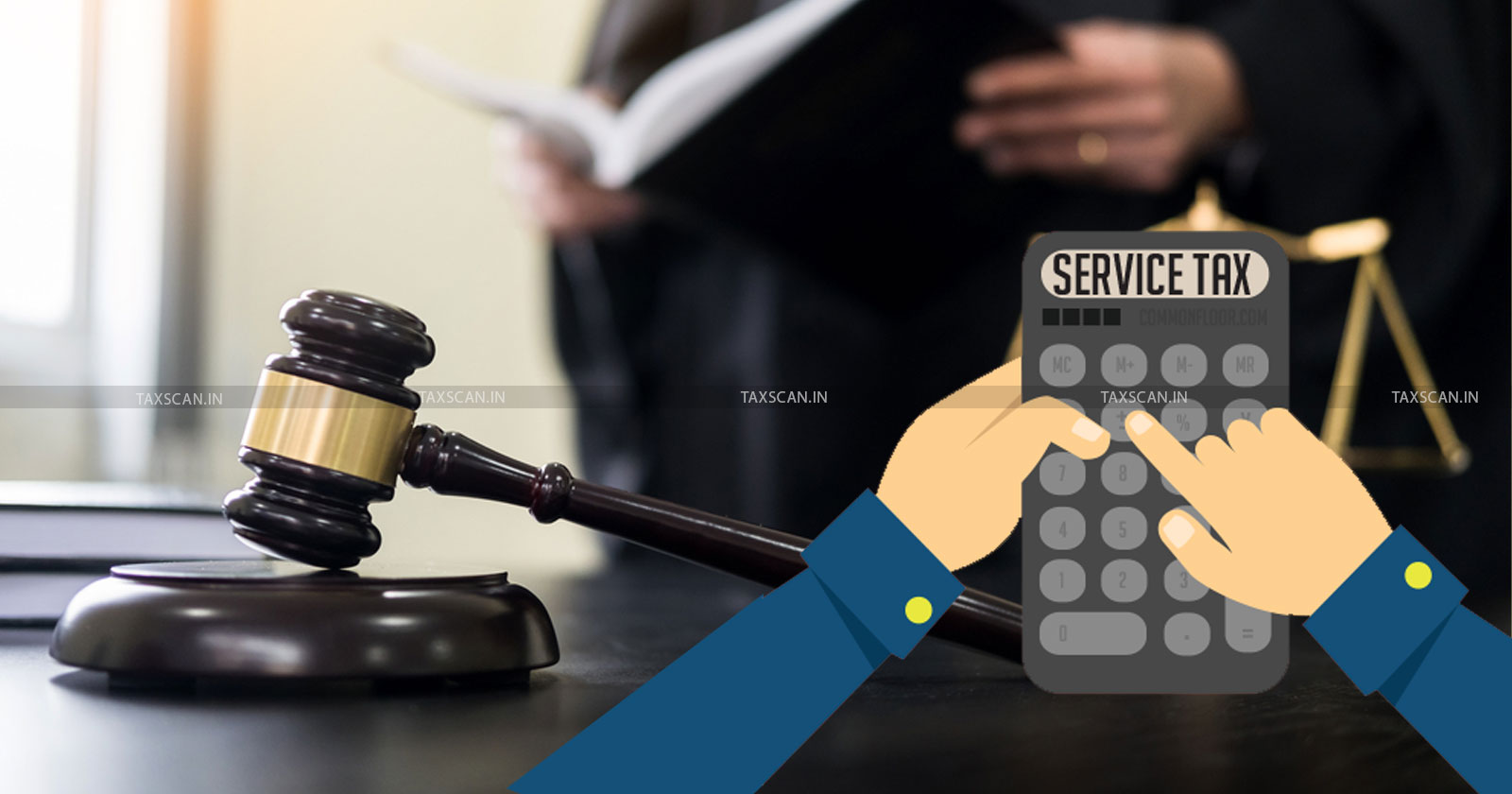Unexplained Delay of Over Three Years in Finalizing Service Tax Order: Patna HC Sets Aside Demand for Lack of Justification [Read Order]
Referring to precedents, the court observed that while the one-year period is not absolute, the tax authority must demonstrate valid reasons for any delay
![Unexplained Delay of Over Three Years in Finalizing Service Tax Order: Patna HC Sets Aside Demand for Lack of Justification [Read Order] Unexplained Delay of Over Three Years in Finalizing Service Tax Order: Patna HC Sets Aside Demand for Lack of Justification [Read Order]](https://images.taxscan.in/h-upload/2025/06/11/2042427-service-tax-order-patna-hc-demand-taxscan.webp)
Akash Tour and Travel, petitioner-assessee, was held liable to pay ₹5,27,684 as service tax for the period from October 2015 to June 2017. Respondent No. 2 also imposed interest and penalties under Sections 75, 77(2), and 78 of the Finance Act, 1994.
The petitioner counsel argued that since the extended period of limitation was invoked under Section 73(1) of the Finance Act, 1994, the authority was required to pass the order within one year as per Section 73(4B)(b), or at least provide a reason for the delay.
 Also Read:Service Tax Adjudication Kept Pending for 6 to 11 Years: Delhi HC Quashes Two Orders and 5 SCNs [Read Order]
Also Read:Service Tax Adjudication Kept Pending for 6 to 11 Years: Delhi HC Quashes Two Orders and 5 SCNs [Read Order]
It was pointed out that the show cause notice was issued on 16.04.2021, but the final order came much later on 23.09.2024, after more than three years.
The petitioner relied on decisions in Kanak Automobiles, Pawan Kumar Upmanyu, and Power Spectrum, where similar delays led to relief. It was also noted that the Supreme Court did not interfere with the decision in Kanak Automobiles, considering the tax amount involved. Since the present case involved a smaller amount of ₹5.27 lakhs, the petitioner claimed similar relief should be granted.
In response, the ASG admitted that the tax order was passed about three and a half years after the show cause notice. However, it was argued that the one-year period under Section 73(4B)(b) of the Finance Act, 1994, was not mandatory.
The ASG referred to the Kanak Automobiles judgment, where the Court had observed that the time limit was not absolute. However, the ASG also acknowledged that the counter affidavit in this case did not mention any reason for the delay.
It was further submitted that the Supreme Court’s decision not to interfere in Kanak Automobiles was based on the Department’s monetary limits for filing appeals. Since the tax amount was below ₹2 crores, the appeal was not pursued further.
The Court noted that under Section 73(4B) of the Finance Act, 1994, the tax department was expected to determine the liability within one year from the date of the show cause notice, where possible.
In this case, the order was issued after about three and a half years, and the department did not provide any explanation for the delay. The counter affidavit was silent on why the order couldn’t be passed within the prescribed time.
The Division Bench of Justice Rajeev Ranjan Prasad and Justice Ashok Kumar Pandey referred to earlier judgments in Kanak Automobiles, Pawan Kumar Upmanyu, and Power Spectrum, which held that while the one-year time limit wasn’t strict, the department still had to show why the delay occurred. Courts had made it clear that delays without valid reasons, like simply keeping the case pending were not acceptable.
Based on this, the Court found the delay unjustified, set aside the tax order and demand, and allowed the writ petition.
Support our journalism by subscribing to Taxscan premium. Follow us on Telegram for quick updates


